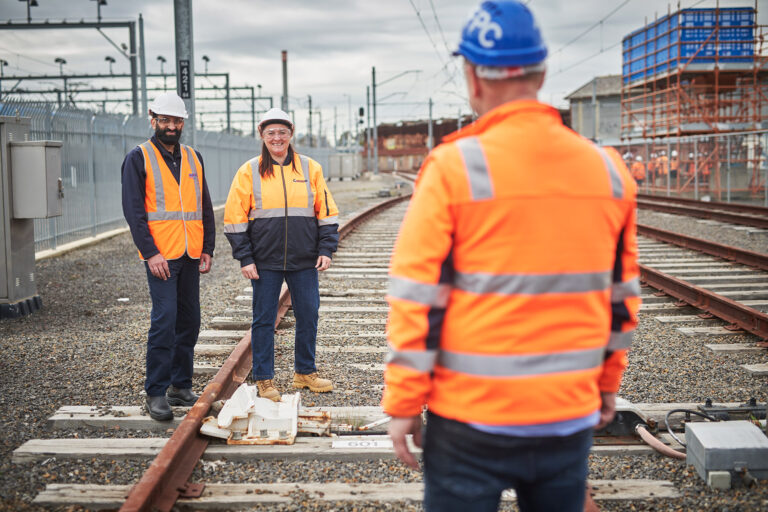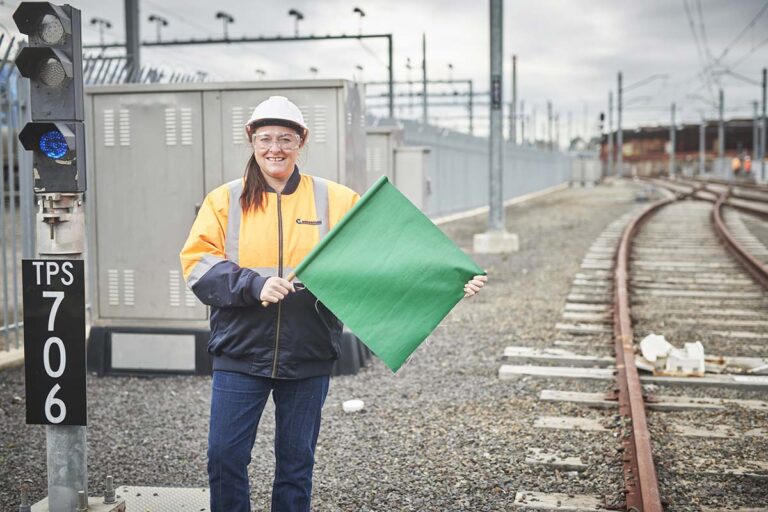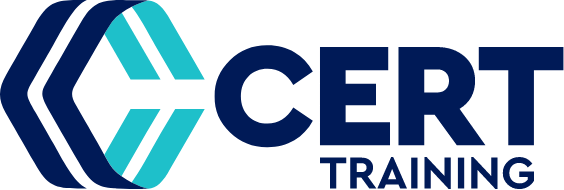How to get a job in the mines – the Complete Guide
Want to start working in the mines, but not sure where to start? CERT has compiled all the most frequently asked questions about how to get a job in the mines in one place.
Mining careers offer the benefits of ongoing challenges and problem-solving for employees. You can end up in amazing places, work with many different people from diverse backgrounds and build a long, rewarding career.
But, like any industry, it takes some work to get started. You may currently work in a trade and want to take your skills to the mines, or you don’t have experience and want advice on starting from scratch. Either way, there are specific steps you can take to make the process easier.
There are many available training and courses for mining jobs, but before you book a course find out if it’s the right choice for you.
Is working in the mines hard?
Miners often operate heavy machinery and equipment to extract resources underground or in open-cut mines, making their job physically demanding. In addition to the physical labour, mine workers may work long hours and have a demanding work schedule.
Another significant challenge for miners is the remote location of many mine sites, which can be hours away from major cities or towns. This often leads to a fly-in-fly-out (FIFO) work arrangement, where FIFO workers spend several weeks on site before returning home for a break. FIFO can be challenging for some workers who miss their families and struggle with the isolation and loneliness of being away from home for extended periods.
Additionally, mine sites are always dusty, with flies as a persistent nuisance. The weather conditions in mines also vary greatly, from scorching heat during the summers to freezing cold during winters, making 12-hour work shifts physically demanding.
Despite the challenges, many miners find the work rewarding due to the competitive salaries, opportunities for growth and advancement, and the unique camaraderie built among colleagues working in challenging environments.
What are some benefits for working in the mines?
Key benefits for pursuing a mining career start with the one most people think of in the industry: high financial compensation. While wages can fluctuate depending on the demand for resources and other items, wages generally tend to be higher than in other industries.
The industry is also diverse in many ways. The resources you can mine, the locations, the people and the jobs available. The industry is constantly evolving and advancing with new technologies, and good employers will continue to invest in your development. If you’re looking for an adventure, then mining is also popular for those looking to relocate or happy to work in different locations
Is it hard to get a job in the mines?
Like any industry there are challenges to finding jobs in the mining industry. Candidates with the right skills, experience and qualifications will find it easier than those without. But mining does offer many traineeships and opportunities for candidates without previous experience too, which does set it apart from some other industries.
How to get a mining job?
For those looking to get started you can take a number of steps to get your foot in the door:
- Establish a network and contacts
- Speak with companies about their hiring requirements and qualifications
- Reach out to labour hire and recruitment agencies or firms to understand what you need to stand out
- Have qualifications or skills already
- Keep your eyes out for Shutdown roles for temporary experience (ideal for individuals seeking valuable on-site experience without the obligation of a full-time commitment or permanent position)
- Be in a town that is close to the mines
What qualifications or short courses do you need to be a miner?
The qualifications and certifications you need to work as a miner would depend on the role and mine you want to work in.
Most mining roles require certifications or licence to operate because the industry places a high importance on safety. While having the right certifications may help you land a role, you should also check with the recruiter or the companies directly before you pay for a course.
Speak with recruiters in your target part of the industry and get their opinion before joining.
Courses and qualifications that help with finding a mining job include safety courses, machinery training and working at heights. CERT offers a range of courses in Western Australia to help workers find jobs or upskill, including:
- Safely Access the Rail Corridor
- Working at Heights and Confined Spaces
Make sure you undertake the right training for mining jobs in Australia and that it is relevant to the company you want to work for and the job you are seeking
How to get into the mines with no experience?
Finding a role in mining without experience is not impossible, in fact there are many options available for inexperienced applicants.
Many companies offer cadetships, graduate roles and traineeships specifically for those without any work experience. Check with employers directly as they usually advertise these type of roles themselves on an annual basis.
You can be sure that if you are persistent, willing to work hard and adaptable to change, you will find an entry-level mining jobs in the industry.
Some common entry-level positions include trades assistants who work with more skilled and experienced workers, driller off-siders who assist drill operators and mobile equipment operators (truck, road train, dump truck, etc).
Here are a few websites that can help you find a job in the mines:
Final Thoughts
Working in the mines can be a fantastic career path for many people. With above average compensation and a wide variety of roles, locations and skills it offers a diverse job option for many.
Working in the mines these days is safe, and the industry places a high premium on people’s safety. AS such there’s many courses and safety requirements for employment, and CERT is there to help you navigate your entry into the industry.
Speak to CERT today and we can help you take the first steps to your next career in the mines.

RIW Card Course: Safely Access the Rail Corridor
Working close to trains is exhilarating. However, there are ongoing health and safety protocols you will need to follow to keep yourself and others safe. Hence, courses like the mandatory Safely Access the Rail Corridor (RIW card course) are important.

Improve your Safety Critical Communications
The Safety Critical Communications in the Rail Environment course is designed to develop and further increase participant’s communication and negotiation skills across the rail industry…

What is the ARTC and How can you get a NSW rail job?
For those interested in a challenging and rewarding career in freight rail, there’s plenty of opportunities around Australia. One of the largest freight operators…
